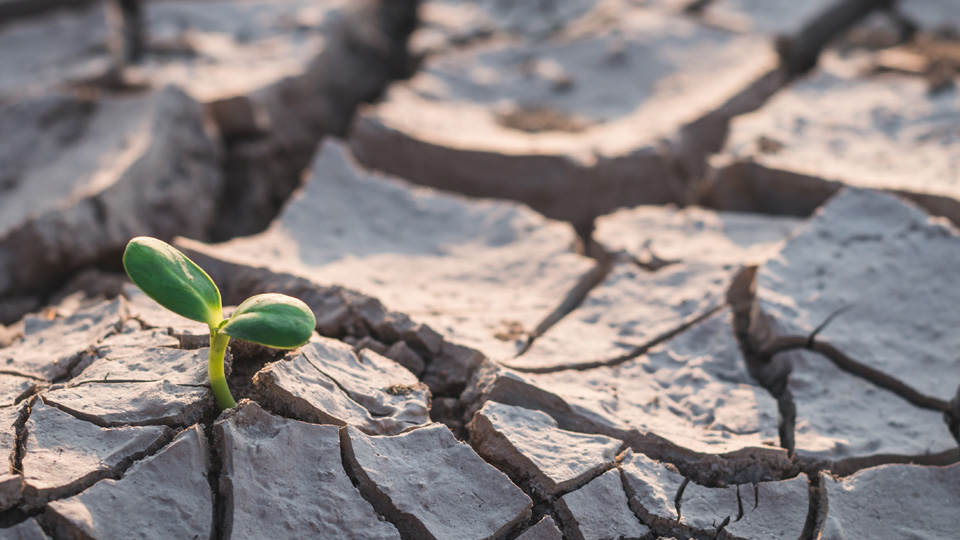We signed a collaboration agreement with the Ministry of Health and Population of Egypt
26/02/2026

16/05/2023
Hand in hand with the Centre for Ecological Research and Applied Forestry (CREAF), our project "Tinguem vista" focuses this year on the importance of improving the situation of Mediterranean forests and protecting the environment. For several months now, we have been experiencing a prolonged drought that has forced us to implement water usage restrictions, and a question is lingering in the air: What effects can persistent drought have on our forests?
CREAF is attempting to provide an answer to this questionhttp://blog.creaf.cat/es/noticias/efectos-sequia-persistente-bosques-mediterraneos/, although they believe that predicting the effects that this situation may have in the future is not easy, as forestry experts warn that the current situation could lead us to an unknown scenario.
The importance of water in Mediterranean forest soils
Although Mediterranean forests are accustomed to a lack of water, trees still require a minimum amount to survive. Mediterranean forest soil acts like a large sponge that accumulates rainwater during the wetter months, corresponding to autumn and spring. The soil retains this water for vegetation to use in the following months when precipitation is less abundant. Experts estimate that forests capture 80% of the rain, with only the remaining 20% flowing into rivers and aquifers.
What happens when it doesn't rain?
The lack of rainfall during 2023 has resulted in forest soils being severely depleted of water. It is necessary for much more rain to fall in order for the soil pores to refill and achieve a sufficient reserve from which trees can extract water when needed.
During the spring months, trees require a significant amount of water for deciduous trees to sprout new leaves and evergreen trees to experience new growth. If it does not rain during this season, this situation will be further exacerbated since high temperatures during summer cause increased water evaporation, leading to greater transpiration by the trees and higher water absorption. If there is not enough water available in the soil, trees will eventually suffer from embolism, which obstructs their internal transport vessels and, ultimately, causes them to dry out and die.
If this situation is not reversed by summer and the soil water reserves are empty, it will create a challenging scenario to confront. Science has studied previous situations, and we know that water scarcity can lead to the collapse of the transportation system. This can occur if, due to the high water demand during hot periods, the roots require more water than what is available in the soil, and air enters the vessels, blocking them and causing embolisms, similar to humans. We also know that this scenario becomes more vulnerable to other threats such as pests and forest fires.